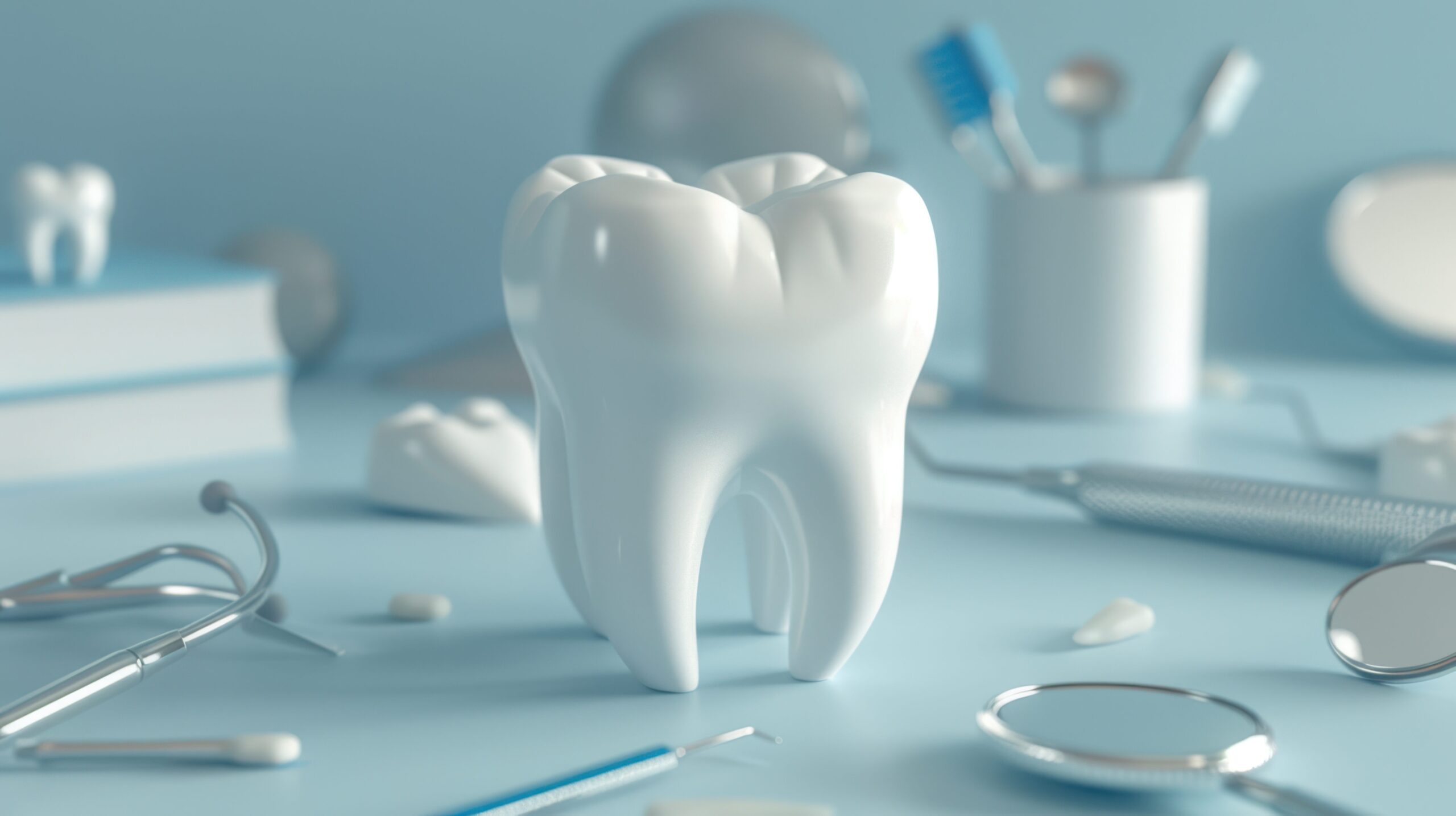
Dental care is a fundamental aspect of personal health that often doesn’t receive the attention it deserves. While many people focus on brushing for fresh breath 假牙套 or whitening for aesthetics, the true value of dental care lies in its ability to prevent disease, promote overall well-being, and improve quality of life. Oral health is deeply interconnected with the rest of the body, and poor dental hygiene can lead to serious health problems beyond the mouth. From childhood to old age, maintaining good dental habits is essential for living a healthy and confident life.
At its core, effective dental care starts with consistent oral hygiene practices at home. Brushing teeth twice daily with fluoride toothpaste, flossing at least once a day, and using mouthwash are critical to removing plaque and preventing decay. These simple habits prevent the buildup of harmful bacteria that can cause cavities, gum disease, and bad breath. Additionally, maintaining a balanced diet and limiting sugary snacks and beverages help protect tooth enamel and reduce the risk of tooth loss. The earlier these habits are adopted, the better the long-term outcomes for dental health.
Regular visits to the dentist play a crucial role in maintaining oral health. Dental professionals can detect problems in their early stages—long before symptoms become noticeable. Through routine cleanings, check-ups, and diagnostic tools such as X-rays, dentists help prevent minor issues from turning into major ones. Professional cleaning removes tartar that can’t be reached with a toothbrush or floss. Dentists also check for signs of oral cancer, gum disease, and other systemic conditions that may first manifest in the mouth. For most individuals, a dental visit every six months is recommended to stay ahead of potential problems.
One of the most common yet preventable issues is periodontal (gum) disease, which affects the tissues surrounding the teeth. It starts as gingivitis, marked by redness and bleeding gums, and can progress to periodontitis if left untreated—leading to tooth loss and even affecting bone health. Gum disease has also been linked to other medical conditions, such as diabetes, heart disease, and stroke. These connections underscore how essential oral care is not just for dental health, but for the overall functioning of the body. Managing gum health through professional care and proper hygiene can significantly reduce these risks.
In addition to health benefits, dental care contributes greatly to one’s self-confidence and social well-being. A bright, healthy smile can enhance personal and professional relationships, boost self-esteem, and improve communication. People who are confident in their appearance are more likely to engage socially and express themselves freely. Cosmetic dentistry—such as teeth whitening, orthodontics, and veneers—has become popular not only for beauty but also for the psychological and emotional boost it provides. For many, investing in dental aesthetics is a way of enhancing both their image and mental well-being.
In conclusion, dental care is far more than an occasional visit to the dentist or a quick brush before bed—it is a vital part of a healthy lifestyle. With proper home care, regular professional attention, and a growing awareness of the link between oral and overall health, individuals can protect themselves from disease and enjoy the benefits of a confident smile. In an age where health, appearance, and well-being are more connected than ever, dental care stands out as a cornerstone of lifelong health. Making it a priority today ensures a healthier, brighter future for tomorrow.